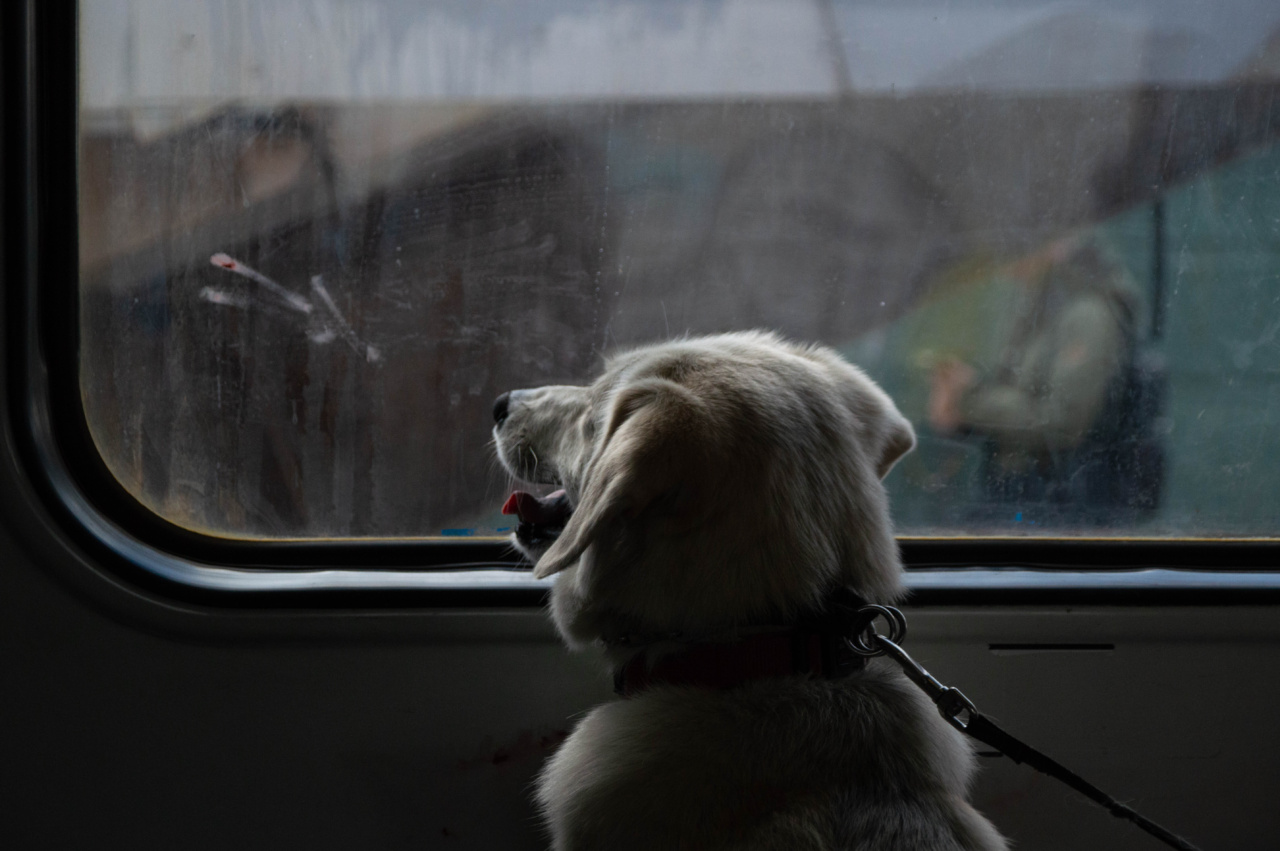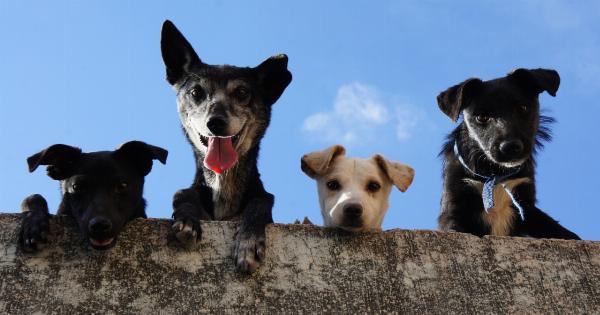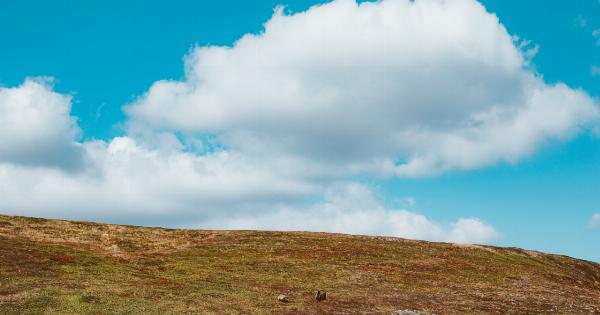Many people believe that hunting dogs need to be highly trained and mature before they can effectively assist their owners in the field. However, some hunters have started experimenting with using puppies as hawk dogs and have found surprising success.
In this article, we will explore whether a puppy can make a good hawk dog, the benefits and challenges associated with this practice, and the potential impact on hunting outcomes.
Understanding the Role of a Hawk Dog
Before delving into whether a puppy can fulfill the duties of a hawk dog, it is important to understand the role these canines play in hunting. A hawk dog is specifically trained to assist a falconer or hawk hunter during their outings.
Their primary function is to flush out prey and drive it towards the waiting raptor. It requires a keen instinct, obedience, and an ability to navigate challenging terrains with agility.
The Case for Using Puppies as Hawk Dogs
One of the key arguments in favor of using puppies as hawk dogs is their ability to learn and adapt quickly. Puppies are in their prime stage of cognitive development, making them highly receptive to training.
With proper guidance and consistency, they can be shaped into efficient hawk dogs as they grow older.
Another advantage of using puppies is that they can form strong bonds with the falconer or hunter. This bond is essential for effective communication and teamwork in the field.
By starting the training process early, the puppy can establish a strong foundation of trust and respect for their handler, which can greatly enhance their performance as hawk dogs in the long run.
Challenges of Using Puppies as Hawk Dogs
While using puppies as hawk dogs can be rewarding, it is not without its challenges. One of the main difficulties lies in their physical limitations. Puppies lack the endurance, strength, and stamina that mature dogs possess.
Therefore, they may struggle to keep up with the demands of extensive hunting expeditions or rigorous training sessions.
Puppies also have a shorter attention span compared to adult dogs. They can easily become distracted or lose focus during training exercises, which can hinder their progress.
Patience, consistency, and positive reinforcement techniques are crucial in overcoming these challenges and helping puppies stay engaged and motivated.
The Training Process
Training a puppy to become a hawk dog requires strategic planning and a gradual approach. It is vital to expose the young canine to various environments, noises, and situations to build their confidence and resilience.
Basic obedience training, including commands like sit, stay, and recall, should be established early on to establish discipline.
Introducing the puppy to the concept of hunting and working with a falcon or hawk is a gradual process. Initially, the puppy should observe from a safe distance to familiarize themselves with the birds and their behavior.
Slowly, they can be introduced to controlled scenarios where they can practice flushing out prey under supervision.
Regular socialization with other well-behaved dogs is essential to help a puppy become comfortable in the presence of other canines, reducing any potential aggression or fearfulness that may arise during group hunting sessions.
Factors to Consider
When deciding whether a puppy can make a good hawk dog, several factors need to be taken into account:.
- Temperament: The puppy’s temperament plays a vital role in determining its suitability as a hawk dog. Traits such as confidence, resilience, a strong prey drive, and trainability are essential.
- Breed: Certain breeds are more adept at becoming hawk dogs due to their natural instincts and physical attributes. Breeds such as Labrador Retrievers, English Springer Spaniels, and German Shorthaired Pointers are often favored for their versatility and working abilities.
- Handler’s Experience: The expertise and experience of the handler also impact the success of training a puppy as a hawk dog. An experienced handler is more likely to navigate challenges effectively and ensure the puppy’s progress.
- Commitment: The training process requires a significant investment of time, effort, and resources. It is important for the handler to be committed to consistently working with the puppy throughout its development.
Hunting Outcomes and Considerations
When using a puppy as a hawk dog, it is crucial to acknowledge that their hunting outcomes may differ from those of mature dogs. Puppies may not possess the same level of efficiency, expertise, and experience as seasoned hawk dogs.
However, their unique energy, enthusiasm, and adaptability can bring a fresh dynamic to the hunting experience.
Employing puppies as hawk dogs requires thoughtful planning to ensure the safety and well-being of both the puppy and the birds involved.
Close supervision, controlled environments, and gradual introductions are necessary to avoid any potential harm or stress to the young canine or the raptors.
Conclusion
While using a puppy as a hawk dog may pose certain challenges, it is indeed possible for a young canine to become a skilled and effective hunting companion.
Early training, consistent guidance, and a strong bond with the handler are key elements in successfully nurturing a puppy into a reliable hawk dog. By understanding the unique considerations and adapting the training process to fit a puppy’s needs, hunters can explore the potential of this unexplored approach and enjoy a fulfilling partnership with their hawk dog.






























